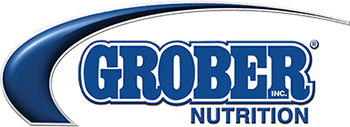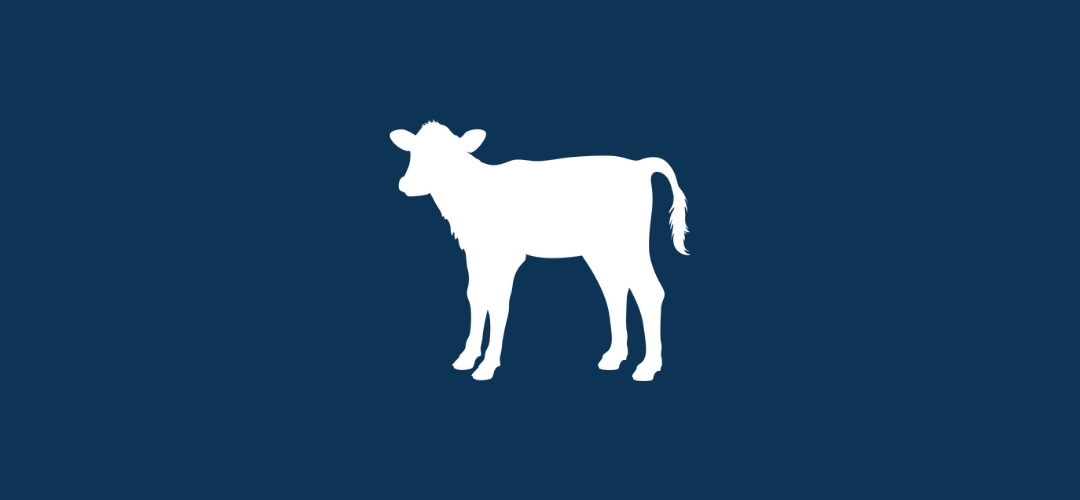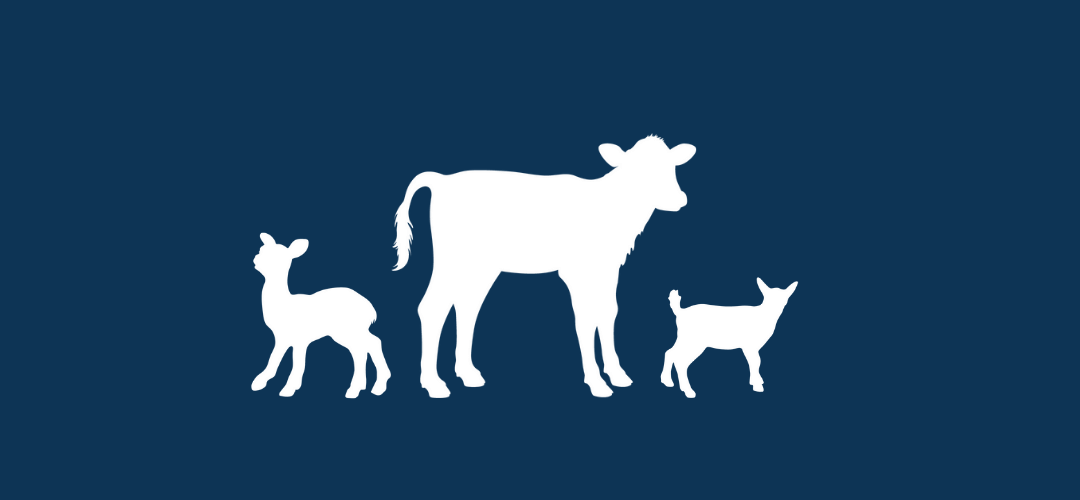-
Calf coats
- Nov 08, 2022
- By Grober Nutrition
- In Canada
Keep them warm and they will grow. Did you know, when a calf is comfortable, they will turn feed into gain more efficiently? In other words, a calf that isn’t comfortable will need more milk. Since keeping warm is energetically expensive it’s important to understand that a warm calf has…
-
Improve health, digestion and growth with DOSTO® Oregano
- Oct 11, 2022
- By Grober Nutrition
- In Canada
There have been many positive results seen from the inclusion of DOSTO® Oregano in milk replacer for ruminants in Europe. After bringing this ingredient to Canada, we conducted our own trial at the Grober Young Animal Development Centre in Summer 2022 on a group of 36 calves. TRIAL: This trial…
-
Profitable lamb management
- Aug 09, 2022
- By Grober Nutrition
- In Canada
Profitability in sheep farming is largely dependent on the number of lambs weaned per ewe per year. The aim should be at least two, but high prolific breeds (e.g. Finn, Romanov) used in the breeding program can achieve and surpass this. Now it’s up to strong management practices to ensure…
-
Do you have questions about colostrum?
- Jul 12, 2022
- By Grober Nutrition
- In Canada
Our colostrum replacement products are derived from 100% bovine colostrum, with nothing added, and nothing removed, to ensure all the benefits and protection are provided to the newborn animal. When fed as recommended, these products will provide successful passive transfer of immunity, meaning, the young animal will get the immunoglobulins…
-
Heat Stress – It Effects Calves Too
- Jun 13, 2022
- By Grober Nutrition
- In Canada
While heat stress and the effect that it has on the lactating herd is fairly well known, the effect it has on calves is less common knowledge. Impact of heat stressed dams on their calves More research in the past few years has been looking at the effects of heat…
-
Precision – The key to consistency
- May 10, 2022
- By Grober Nutrition
- In Canada
The benefits of using a scale when mixing milk replacer We’ve all heard of them. The most successful calf managers are always thinking about them. They are the 5 C’s of successful calf management. Colostrum, Calories, Cleanliness, Comfort. and Consistency. Let’s focus on consistency, specifically when feeding calves during the…
-
Nipple vs. Pail Feeding – Is one better than the other?
- Apr 11, 2022
- By Grober Nutrition
- In Canada
Let’s go back to the basics – Mother Nature. Have you ever taken a moment to analyze the body position of a calf when it is suckling from the dam? The neck is fully extended, slanted downwards from the shoulders and the head is tilted upward but the nose is…
-
Pneumonia in Calves
- Mar 08, 2022
- By Grober Nutrition
- In Canada
Calf Pneumonia: When Stealing Opportunity Away is a Good Thing Bovine Respiratory Disease (BRD) is a precipitous cascade in calves, with Ontario based studies reporting a range of 17% to 43% of calves experiencing respiratory disease pre-weaning. Economic and animal welfare impacts of BRD is a serious concern, with lasting…
-
Anemia in Calves
- Feb 07, 2022
- By Grober Nutrition
- In Canada
Iron deficiencies in milk-fed calves and how Promiks can help. There are several vital roles iron plays within the body, the most noted one of course is as a component of hemoglobin, allowing oxygen to be transported to cells throughout the body. However, iron is also a component of enzymes…
-
The Bottle Baby Dilemma
- Jan 10, 2022
- By Grober Nutrition
- In Canada
Choosing to artificially rear lambs or bottle feed a lamb is a decision that is not made lightly. ‘Which lamb should I remove from the ewe?’ This is a common question when considering artificial rearing. In the case of three lambs, take the lamb that is of different size. If…
-
Optimal Feeding for Growth & Health
- Aug 09, 2021
- By Grober Nutrition
- In Canada
The advantages and benefits of feeding calves proper amounts of milk to meet energy needs and growth targets is well established. In addition, following a gradual or step down weaning protocol over a minimum of two weeks is equally as important when bringing calves down from high milk allowances. Thirdly,…
-
What is DOSTO Oregano?
- Aug 03, 2021
- By Grober Nutrition
- In Canada
A natural solution for optimized young animal health Standout Quality 100% natural source of oregano oil which is steam distilled (no chemicals added) Grown within a specific region, and from one species of oregano to maximize consistency Oregano oil is standardized across production using gas chromatography mass spectrometry, leading to…
©2016 Grober Nutrition. All Rights Reserved.














